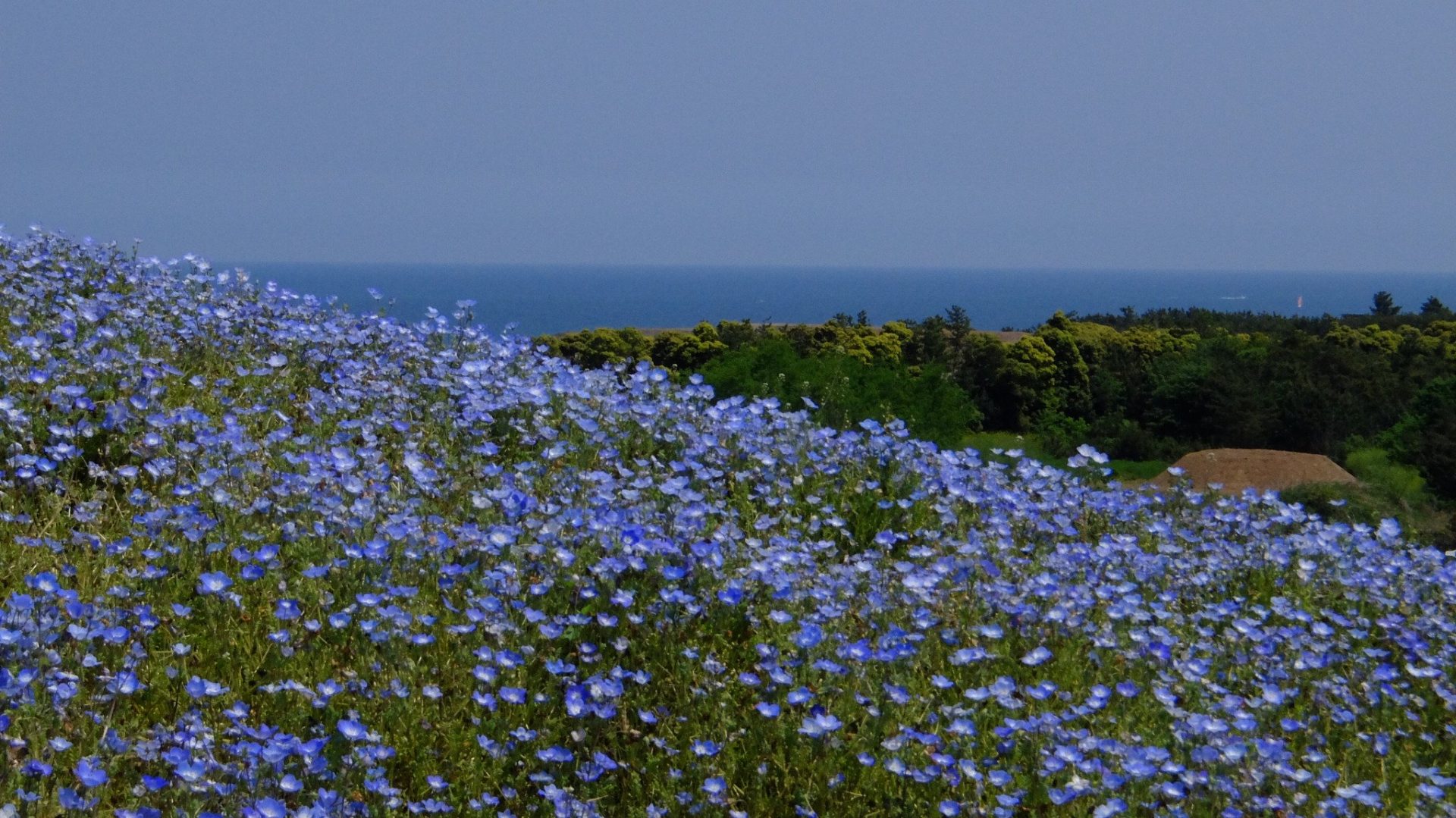Whoppeeee! Four working days left before I can take my longgggg holiday.
Since traffic is horrible, I’m wondering how we can spend 17-20 Dec peacefully at home. Twin I will surely nag me about going somewhere…
I missed my cats so I made them lose their minds once again 🤣. They didn’t leave me last night and made sure they disrupted my sleep until 4 am; that’s when I threw them out of my room. Those damned cats made sure I was always awake 🤦🏻♀️
I conducted a one-on-one training with our new reporter the entire day. I have been making inroads in Vietnam and I hope I can fly there to touch base with my contacts and the new reporter. I have to be more hands-on now.

I remember years of not being able to have a long Christmas holiday or any kind of holiday because I had a hard time turning off the tap. I put so much value in my work that my profession has become my identity. I had a very unhealthy relationship with work. I didn’t let myself rest because news never rested. It burned me out so much that I had tried quitting the profession three times. And it keeps pulling me back.
Many of my colleagues will say that journalism feels like a natural extension of being a curious human in the world, which makes it harder yet to unlink our lives from our professions. Traits like curiosity or doggedness can correlate, or predispose us to how we decide to spend our time professionally — and in other arenas of life — rather than the other way around (i.e. our job imparting traits on us that make us who we are).
When I started realizing the distinction between who I am and what I do to earn a living, I started to draw better boundaries around the latter. I no longer work weekends or cover news. (I have two Post-it’s in my office I read every day: “I don’t have to do everything;” “I will not be at the whims of the news cycle.”) And I would argue that those boundaries haven’t made me feel any less of a journalist: I can be committed to telling accurate, illuminating stories when I put work in a box of its own.
Wudan Yan, Poynter.org
The above passages are true of me: I always filter the world through the lenses of a journalist that oftentimes I forget I am a human with feelings and not a slave to the news cycle. I remember working until 3 am because of some breaking news or events that needed to be posted. I didn’t allow myself to be human because there is always the expectation that what I was doing is public service.
Journalism fundamentally trains us to be more observant, analytical and critical of the world around us. When I first entered the field, some of my colleagues joked that journalists are great at understanding others and their problems, but are terrible at recognizing their own. What if we turned that journalistic lens inward to reflect on how we identify, and how those identifiers serve us — or not?
Wudan Yan, Poynter.org
However good I was doing analysis of events or stories, I could not analyze my own self until my world burned itself. I had to step back and disassociate myself.
Now I found the perfect way to manage this problem: Cover stories that you are not passionate about. That’s why I no longer want to cover national/political events. High finance is hardly a passionate topic, unless I am venture capitalist or Warren Buffet who gets his high whenever he closes a deal.
That’s the secret how I lasted this long in this current job. It doesn’t suck the life out of me.
“There’s professional identity and then there’s personal identity, (which) is tied up in the way that you see your purpose, mission and character,” Usher said. “Those things are distinct, and it’s probably helpful to see it that way.”
